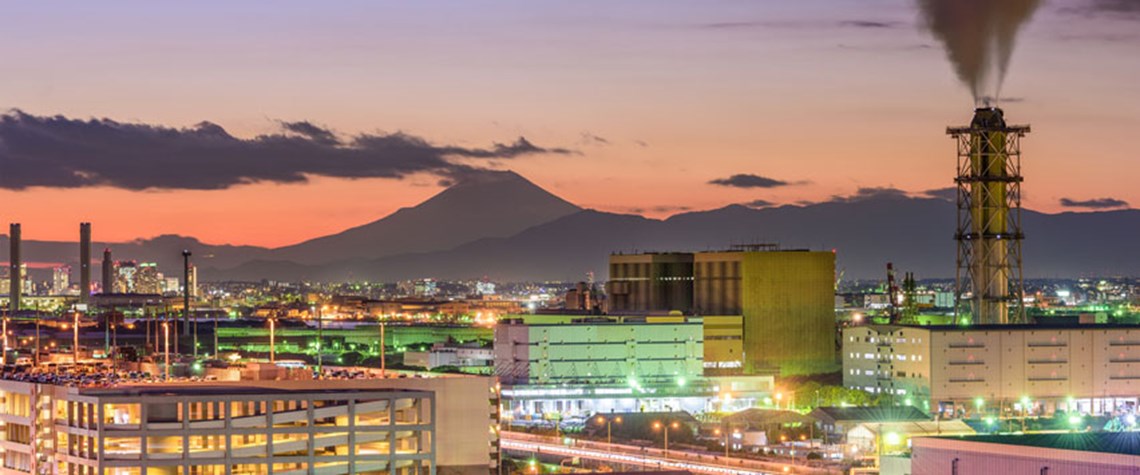31 March 2021
Decarbonising LNG: the heat is on
When the largest buyer in the largest consuming country commits to net-zero emissions by 2050, suppliers must start to respond. And they are
The LNG industry has over the past 18 months had to confront much more directly the potentially existential threat of the Paris Agreement. A key element of that agreement—“to achieve a balance between anthropogenic emissions by sources and removals by sinks of greenhouse gases (GHGs) in the second half of this century”—has spurred companies, countries and even continents to pledge net-zero GHG emissions by 2050. It can be argued that the LNG industry should have responded sooner, given the Paris Agreement was reached in 2015. Belatedly, it was a series of events in 2020 that proved to be the spark for the current explosion of interest in so-called carbon-neutral LNG. Customer-led “In the spa

Also in this section
25 April 2024
Carbon capture rates forecast to rise steadily from end of decade, but policy tools to drive large-scale deployment have yet to take shape, according to DNV
23 April 2024
Europe must unlock cross-border CO₂ trade if it wants to build a viable CCS sector for the long term
16 April 2024
US and European oil majors snap up smaller players and look to accelerate development in a region deemed to possess all the key elements for successful CCUS deployment
15 April 2024
Demand for credits seen rising 20% this year despite issues around integrity and standardisation







